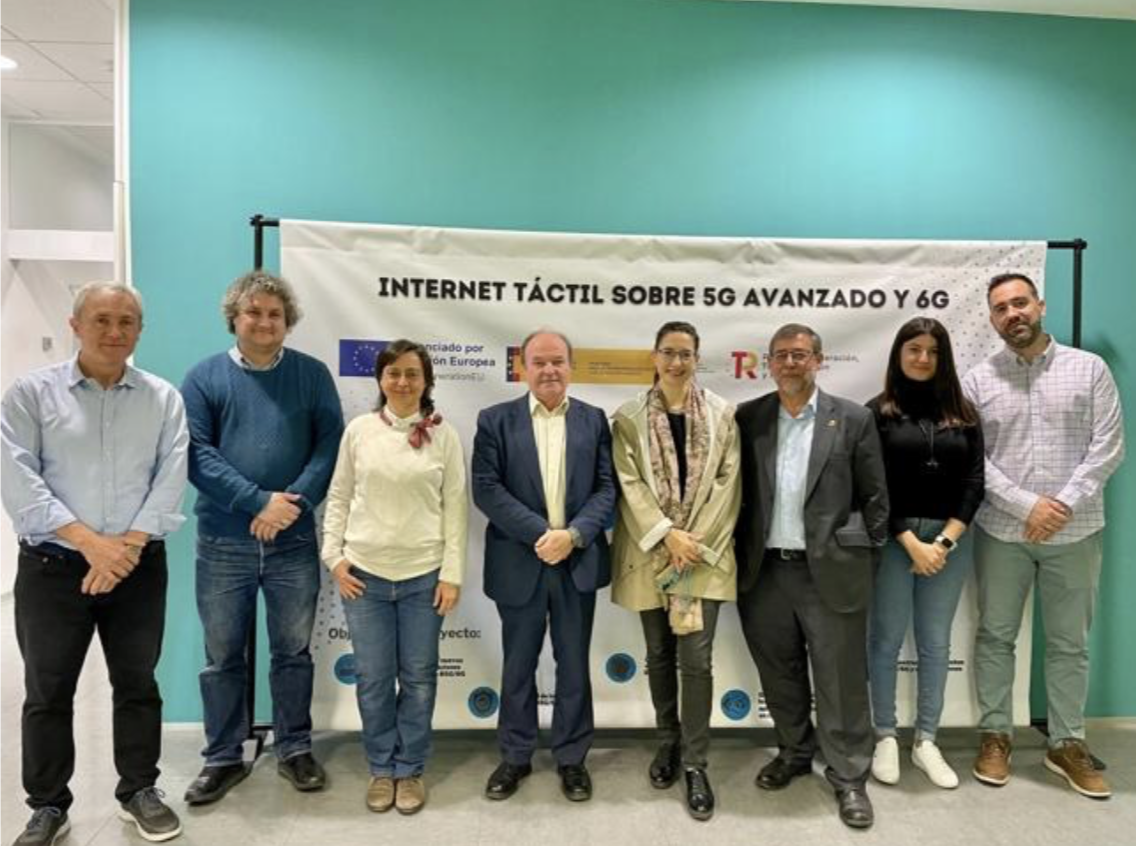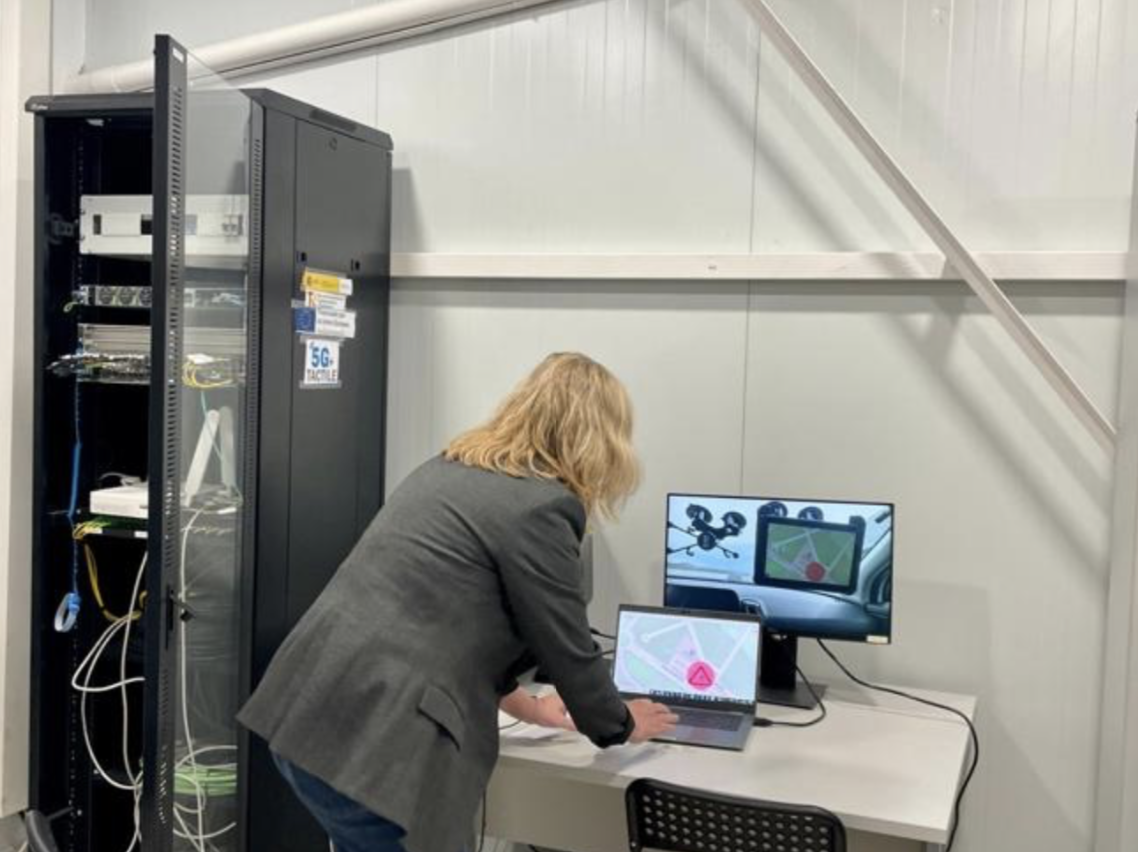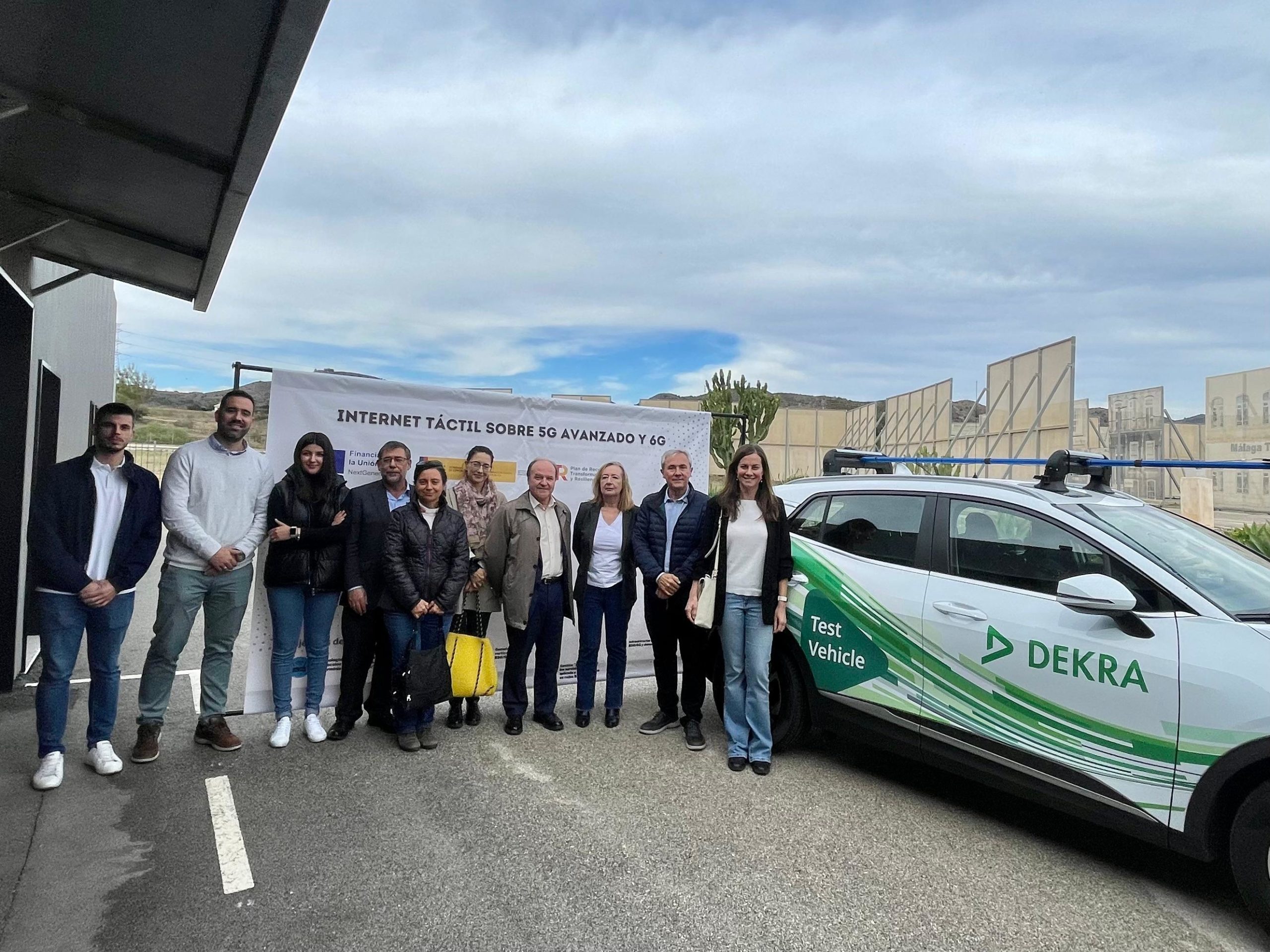ITIS UMA presents the Victoria Network and the European-funded projects to the State Secretariat for Telecommunications.
A delegation from the State Secretariat for Telecommunications and Digital Infrastructures visited the “José María Troya Linero” Institute of Software Technology and Engineering at the University of Málaga to gain first-hand insight into the research infrastructure Victoria Network and the 5G+Tactile and 6G-SANDBOX projects. These projects are part of the 10 initiatives funded by NextGeneration.EU funds and the Horizon Europe program, which are positioning ITIS UMA as one of the leading sites in Europe for researching and testing technologies that will pave the way for 6G, in collaboration with international consortia. Among other areas, research is being conducted on low-latency deterministic communications for the factory of the future, precision operations with drones or tele-driving, the use of artificial intelligence in automated network management to maintain optimal quality at all times, and the use of digital twins to predict the behavior of devices connected to the network.
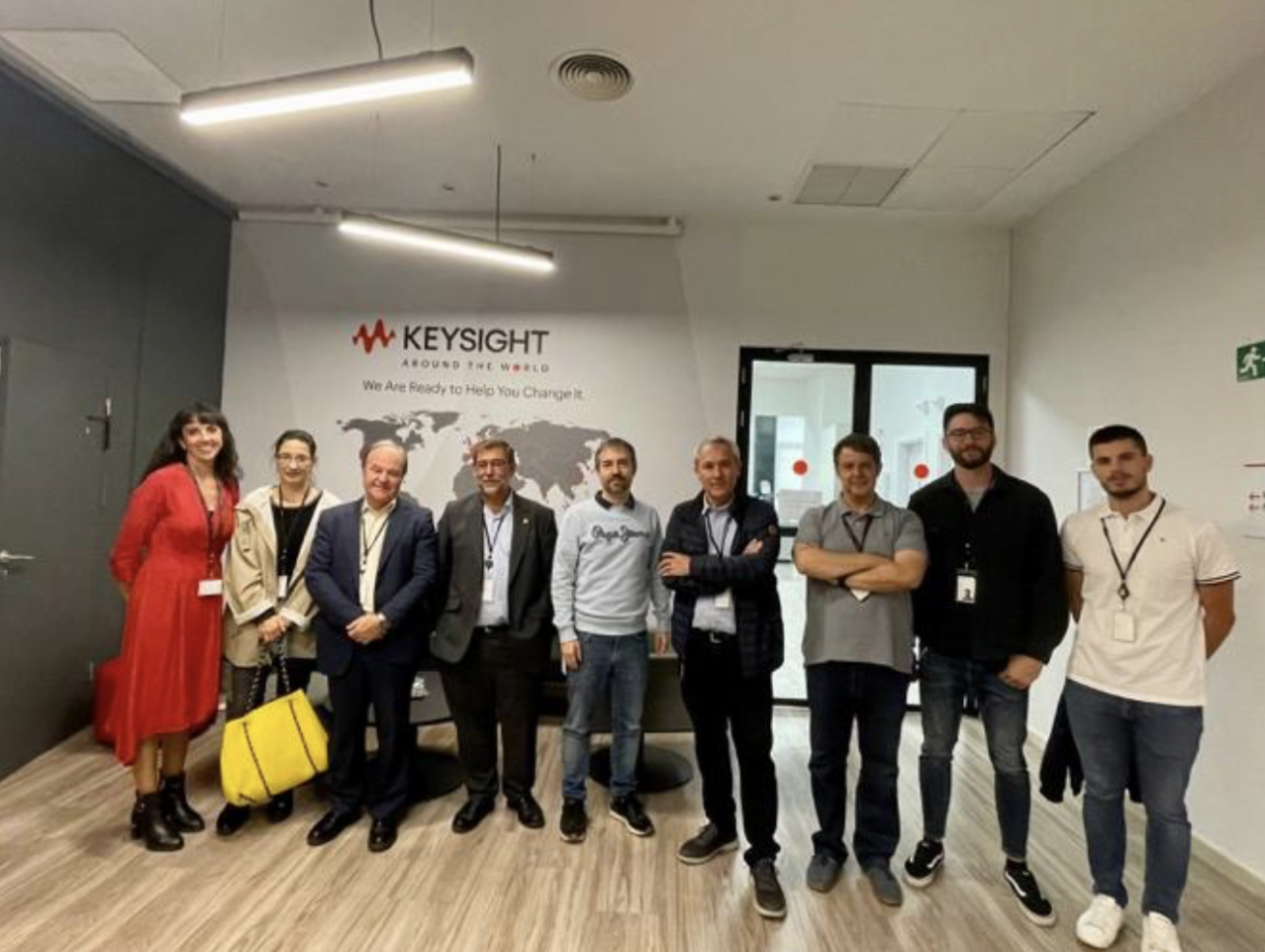
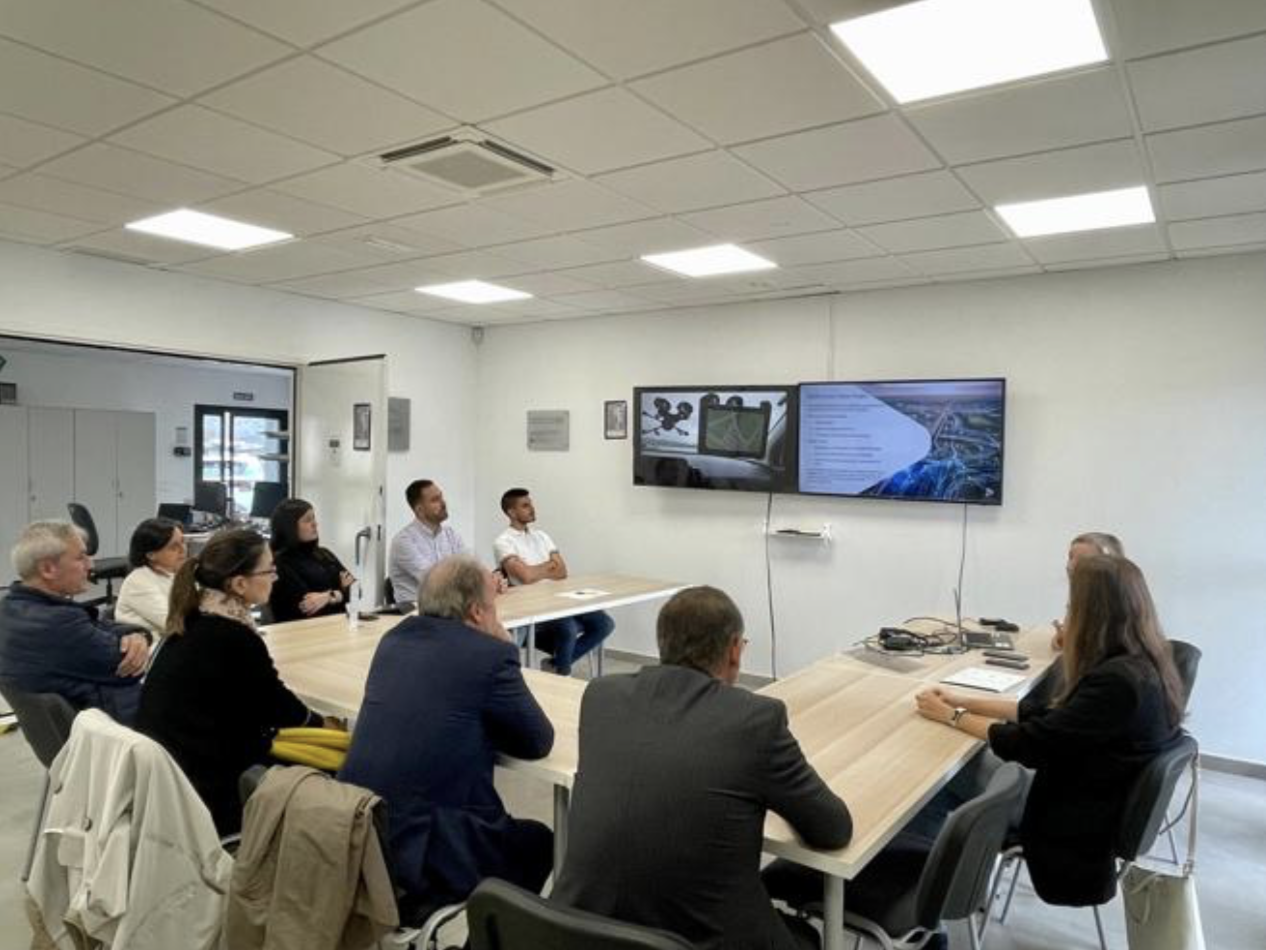
One of the critical aspects in testing new technologies is access to the radio spectrum for outdoor transmission, a regulated resource that requires specific permits. This access is essential for validating advanced technologies such as 5G and the upcoming 6G in real-world environments to ensure they can operate without interference. For this reason, Antonio Fernández-Paniagua, Deputy Director General for Spectrum Management and Planning, along with advisory board member Julia Criado and ISDEFE technical advisor José Luis Ruiz, attended the visit to learn more about the researchers’ work in this area.
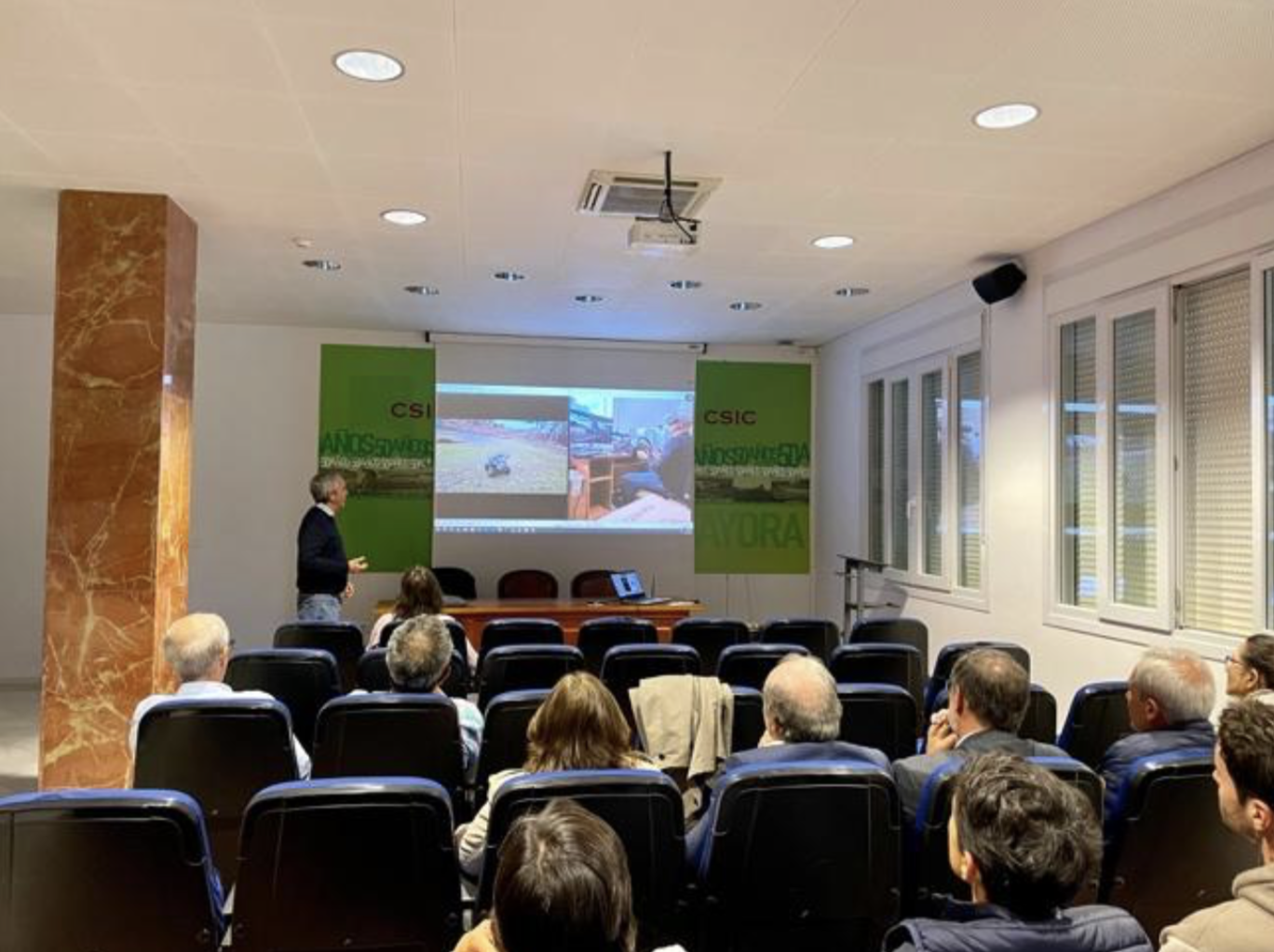
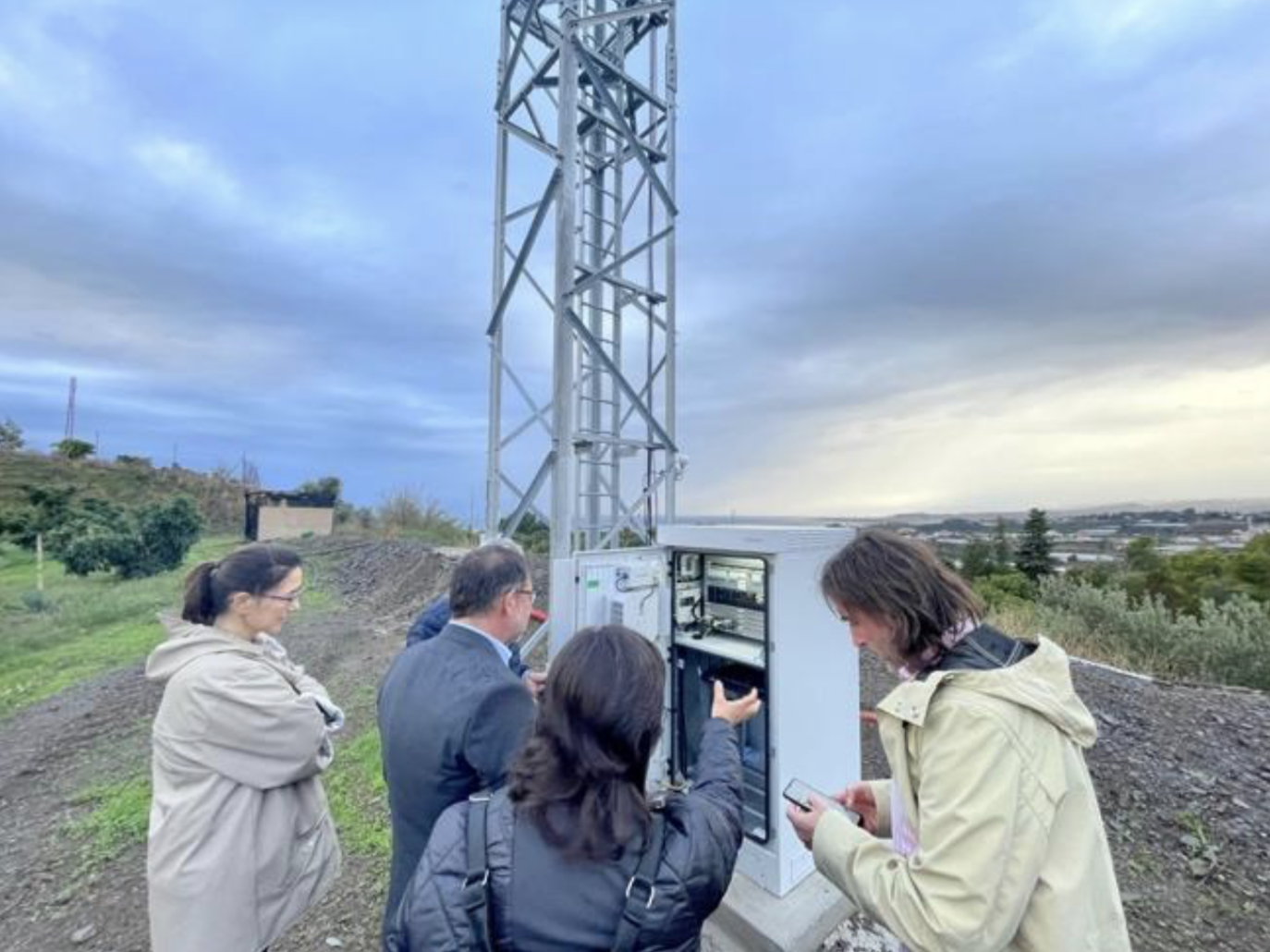
The day included working meetings at the Ada Byron building, where the institute is headquartered; at the R&D center of Keysight; in Dekra’s connected car testing area; and at the experimental farm La Mayora, where their management teams and project partners, including Telefónica and Nokia, conducted several live demonstrations.
The ITIS UMA delegation was led by its director, Pedro Merino, and Professor Almudena Díaz, who head the 6G activities at the institute.
